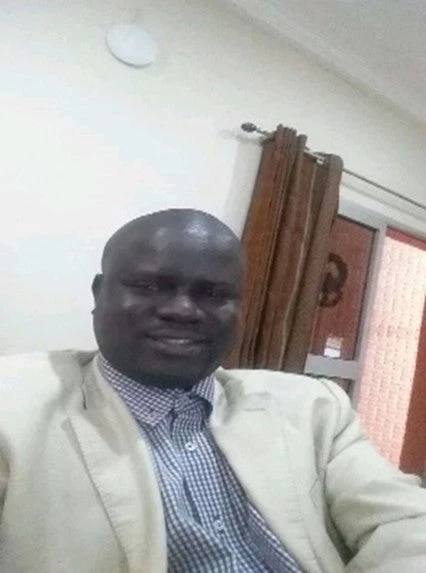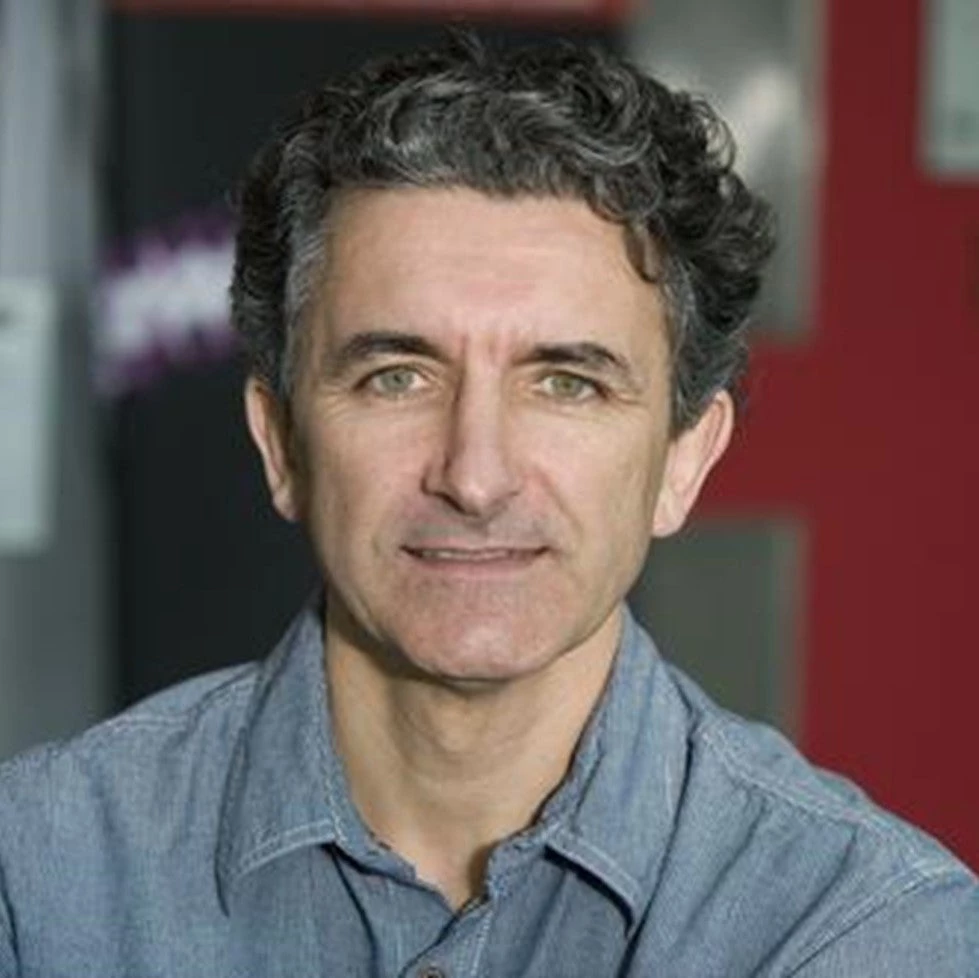 Measuring the quality of ECE in Senegal is critical. Photo credit: @ Directorate of Preschool Education, Ministry of National Education
Measuring the quality of ECE in Senegal is critical. Photo credit: @ Directorate of Preschool Education, Ministry of National Education
The overall financial cost of repetition and dropout in Senegal is on an upward trend due to a higher rate of both repetition and dropout. Over the 2012-2015 period, repetition and dropouts represented 13.72% of the expenses incurred by the government. This phenomenon can be explained by several factors, one of which is limited access to quality preschool education. Senegal still has work to do, with only a little over 17% gross preschool enrollment rate, but more importantly in terms of dramatically improving quality.
Preschool has a significant impact on primary education. There are many tools to help assess the extent to which preschool effectively provides the child with the best conditions to enter primary school with a better chance and readiness to complete a better education. The well researched and documented benefits of early childhood education are numerous and include: (i) a complete and uninterrupted education, with less risk of repeating a grade and/or dropping out during the cycle, (ii) a higher level of learning and a higher proficiency threshold in the various assessments.
ECE is a lever that has an impact on both: i) the level of individual learning, and ii) learning continuity throughout the primary school years. These two critical positive impacts on young people reinforce the need for the development of quality preschool education that is available for all children in Senegal.
Critical role of quality measurement
Measuring and documenting the quality of the existing ECE across Senegal is critically important. It will provide contextualized data related to the scope and impact of ECE on the performance of the education system that can be presented to the government.
In Senegal, assessments are carried out daily by teachers in the classroom, in line with the requirements of the curriculum. These assessments are based on a thorough observation and interpretation of what each child says or performs, i.e., what students have learned and what progress they have made. More systematically, Senegal uses national, regional, and international mechanisms for more structured learning assessment. However, the absence of a real system for evaluating students' achievements makes it difficult to obtain comparable quality data. In addition, there are almost no standardized evaluation tools that the ECE providers could use that would make it possible to define the proficiency threshold of each child in relation to each skill.
Way forward for the government
In this context, the Senegalese government plans to set up a national system for evaluating: i) the achievements of children enrolled in preschools, ii) the learning process and iii) the steering of the ECE. To this end, a benchmark was carried out to identify relevant and adapted approaches and tools such as the TEACH ECE, the World Bank's AIM ECD Core items, ECDI2030, etc.
The Investing in the Early Years for Human Development Project in Senegal, financed by the World Bank, provides an unprecedented opportunity with, in particular, i) the establishment of an information system for early childhood education, ii) the launch of a national survey on early childhood education combined with the demographic and health survey in 2022 collaboration with the National Agency for Demography and Statistics. This work will provide critical information for the various key indicators, but above all it will lay the foundations for setting up of the ECE evaluation system in Senegal that is so urgently needed, and utilizes the tools and approaches mentioned in the blog.
Related links:







Join the Conversation